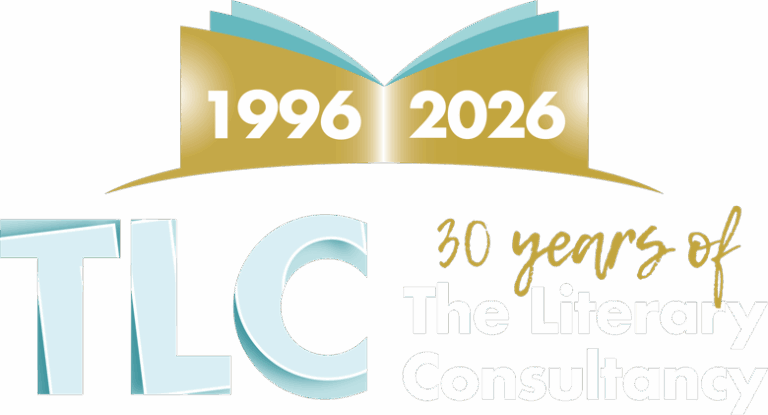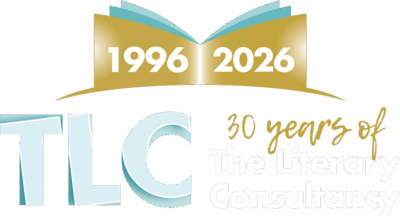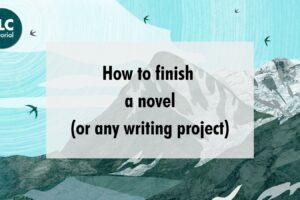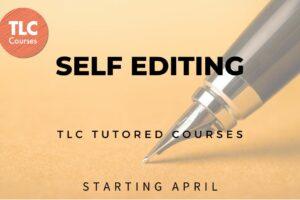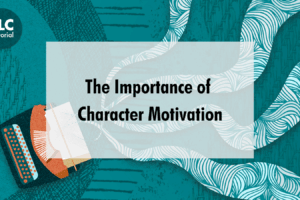How to Finish a Novel (or any writing project)
Here are our Top Ten Tips for how to finish a novel (or any writing project).
1. Hone in
It’s always easier to start something new, than to persist with something ongoing. Try to focus on your Active projects, and be honest with yourself about which projects are Dormant (not for now) and which you might need to let go of completely (a hard but sometimes necessary, even liberating choice). This leaves you with more headspace to focus on pushing forwards with one project, and exponentially increases your chances of finishing it.
2. Understand the project’s aims
Understanding how to finish a novel is also about understanding what you’re trying to accomplish, so that you know when you’ve been successful. Identify why this project, why now? Is it about getting a ‘nearly there’ project over the line, or pushing through with a newer project that you feel excited about and think might have legs from a commercial standpoint? Is it a project you just need to get finished, for your own peace of mind? Each will require different kinds of attention. Each is valid. Understanding what the project is doing, and what kind of attention it needs from you, will help you to get it done. At TLC we supply goal-setting worksheets with our editorial services. What would yours contain?

3. Prepare (but not too much)
Once you have honed in on the project you’d like to attend to, you can begin to make a plan for how to finish it. A writing goal which is ‘get the novel finished’ is enormous and quite possibly frightening. It’s also very vague, and research tells us that specific, timed, measurable and realistic targets are much more likely to be realised. So, set a road-map for your project. Your target might be: write for 30 minutes every weekday, or it might be to write every second Sunday 10am-4pm. On the flip side, try to stop yourself from developing an entire new project which is Your Plan. It should be a road-map, not a fully comprehensive A-Z. If you get stuck, try switching creative energies. What would happen if you tried to doodle around the biggest challenge or question?
4. Focus on the writing, not the finishing
It can be very inhibiting when you start out to focus on the fact you haven’t yet finished (the last page of the book), and much easier to focus instead only on the milestone you’re working towards (the next page of the book). Or in the words of someone who should know:
“Abandon the idea that you are ever going to finish. Lose track of the 400 pages and write just one page a day, it helps. Then when it gets finished, you are always surprised.”
John Steinbeck
Once you get further into the project, you can then start to define the end point. You’ll know when you get there: you’ll be able to ask yourself ‘what does finishing this project mean?’ and an answer will appear.
5. Don’t edit as you write
All writers will write at different paces. Some will spend so much time thinking and planning that when it comes to getting it all down on paper, they are lightning quick. For others it’s very much one page at a time. Whatever your approach, the biggest obstacle is likely to be just getting the first draft done. Just as you can’t edit a blank page, you can’t publish one, either. Leave the nit-picking and the going back, tweezing words and replanning scenes, to the end. Your goal isn’t to write the best first draft ever; it’s to write the best book you can. And you can always, always improve it in the editing. It might help to think of it as a ‘zero draft’.

6. Measure your progress
Understanding how you intend measure your progress is really important, because if you know what a milestone is, you can track how you’re doing. Identify your milestones (how are you splitting the writing: by chapter, by 10,000 word sections, by scene, by character arc? By distinct phases like Character Development Month 1, Plotting Month 2?…) And, you can reward yourself for each milestone you reach, knowing that you are that much further on. One trick we’ve seen that we love is to buy yourself a number of small gifts, and wrap them up (or get a loved one to buy them for you so they are a surprise – give them a small budget in cash and allow yourself to be surprised!). Each milestone you reach, you get to unwrap one present.
7. Understand why you are writing
Writers often talk about running out of steam. This is an interesting thing to unpack, because generally what we mean by this is that we’ve lost our motivation. Motivation is often closely allied with purpose – the fundamental ‘why’ of your writing journey. If you have lost the connection with your initial ‘why’, it’s very easy to lose steam halfway through, because the early-stage spark of inspiration simply cannot sustain itself without the assured and steady engine fuel that is purpose. If a project doesn’t know why it is, it’s no wonder if the ‘what’ takes for ever to materialise, or if it does, manifests in peculiar and challenging ways. Try to create a mission statement (we have a workshop on this at Being A Writer!) and revisit it every so often throughout the writing process. Does it hold up? Has it changed?
8. Celebrate yourself!
It’s hard to grind away at something when you can’t promise yourself you will feel jolly and inspired every step of the way. It shouldn’t be constant drudgery, but there will invariably be ups and downs. You will have to delete whole chunks. You will hit dead ends. You will discover plot holes. But you will also write better. You will write your way out of dead ends. You will problem-solve. And you will be developing as a writer the whole time. So don’t forget to be kind to yourself, and celebrate the small victories.
That one splendid sentence? Amazing! That brilliant little twist? Incredible! Be proud of yourself. You deserve this, and your project deserves to be completed.

9. Create a sense of accountability, not a burden of responsibility
Instead of berating yourself for what you haven’t done, try to notice what you have done, and be proud of your progress. By tracking yourself, you’ll also have more of an idea of your own writing patterns, and a stronger sense of accountability. Every last Sunday of the month at TLC, we host a 2.5 hour co-writing space: it’s completely free to join as long as you’re either a Being A Writer member or are signed up to our newsletter (and for members we also have regular one hour co-writing spaces in the evenings). But if you can’t join us, you can also make a monthly or weekly date with a writing buddy. Check in with yourself and keep going.
10. Know ahead of time what being ‘done’ looks like
What does being finished look like? It can be a good idea at least to visualise this ahead of time, so that you know when it’s done and ready to submit to friends, family, a professional manuscript assessment service, or direct to an agent or publisher. Give yourself a limit so that you don’t get stuck in the no-man’s-land of ‘almost there’. And remember, goal-setting doesn’t stop once the book is finished. You are a writer. There will always be another thing to aim for, another project to complete. Be proud of yourself that you’re here, and writing, and keeping going.
Need more help? Why not try our self-study courses Breaking Through Writers’ Block, Making Time and Space to Write, and Dealing with Self Doubt. All available as part of our Being A Writer membership.
